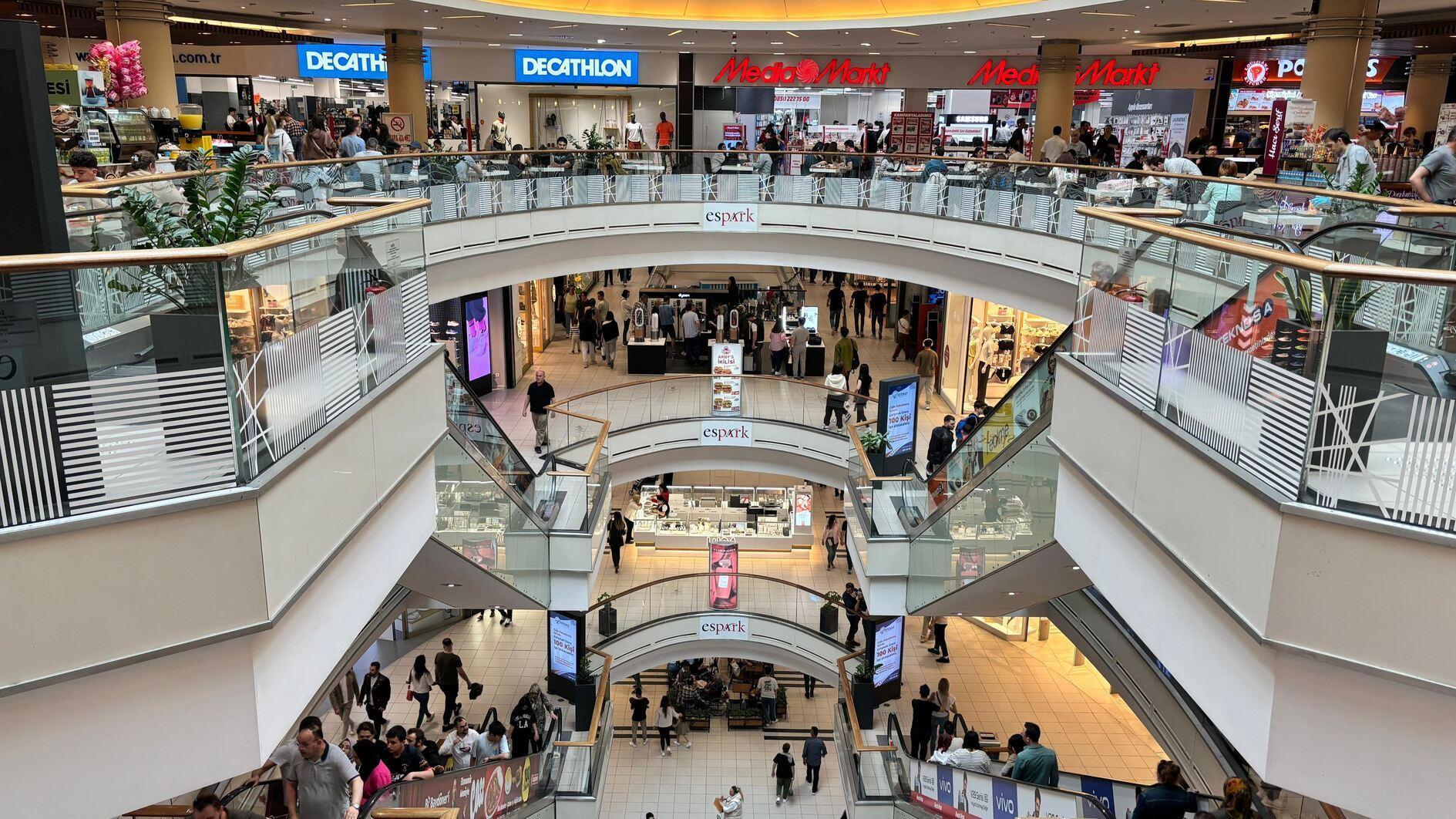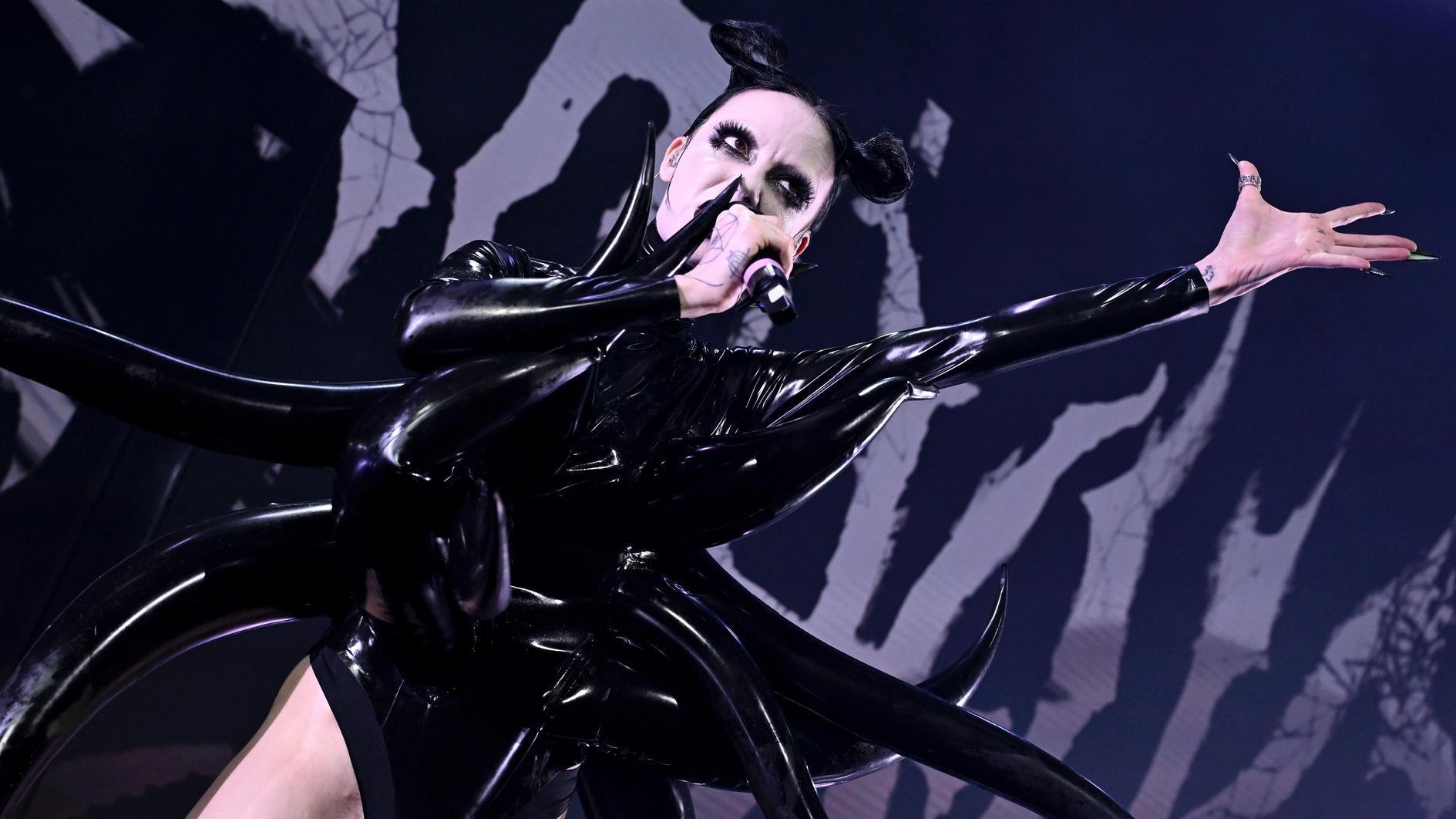Making Turkey’s system work
Terror is burning our hearts every day. It is escalating to dangerous dimensions, provoking ethnic polarization.
Our southern region looks like Macedonia at the end of the 19th century and beginning of the 20th century, when ethnic and religious identities took up arms to found their own states. The Ottoman Empire was not able to deal with this, leading to huge disasters. The collapse of Yugoslavia into a bloodbath is also still fresh in our memories, while the situation in Syria is in front of our eyes today.
I want to draw attention to the “good functioning of the system” aspect of the issue. A well-functioning system in a country, a good economy and a bright outlook for the future, are the biggest spiritual factors against separatist and radical movements.
In Turkey, polarization that has been made to escalate since 2011, and the forcing of a change in the system, have made the functioning of the democratic parliamentary system increasingly difficult. This conflict-loving culture also recently prevented the forming of a coalition government after the June general election.
When President Recep Tayyip Erdoğan spoke to university rectors in the presidential palace the other day, he only accused the opposition over the failure to form a coalition. Such a discussion will only serve to create more polarization.
The best way for the system to function well is for all institutions, including the president, to act according to the parliamentary system’s practices and to develop a culture of conciliation.
But even if the system worked well, the “peace process” would have been sabotaged. The conduct and statements during the process of the Kurdistan Communities Union (KCK), a supra organization of Kurdish groups that includes the outlawed Kurdistan Workers’ Party (PKK), clearly show this. It is a sign of political blindness to only criticize the government and to not see the totalitarian and armed features of the KCK.
In almost all similar examples in the world, when democratization has advanced terror has deescalated. The opposite happened here. When the Kurdish issue-focused Peoples’ Democratic Party (HDP) entered parliament with 80 deputies, shouldn’t the concepts of “democracy” and “parliament” have prevailed in the Kurdish movement?
Well, that did not happen. The PKK declared terror and the end of the ceasefire on July 11, at a time when the state had still not even fired a bullet.
The HDP is complying with the KCK, apart from a few sentences by HDP Co-Chair Selahattin Demirtaş.
There are not a few examples of collective insanity and mass violence in history. If we do not go crazy in that direction then the HDP should oppose totalitarianism and the armed struggle with a joint declaration made by its 80 deputies. Once weapons are silenced, is it possible for the state to continue firing?
If, only the other hand, collective insanity is chosen, then a bloody and savage road is wide open for all sides to walk down.
‘SA units’ attack again
On the night of Sept. 8, mounted troops, the imitators of historic “SA units,” attacked daily Hürriyet again. This barbarism shows how furious and uncontrolled those who put them into action are. We will continue to defend liberal democracy and oppose all kinds of terror, violence and totalitarianism.
We will see what the Istanbul Police Department and the Public Prosecutor’s Office do about these attacks. We will see how independent the judiciary is.
The U.S. Embassy issued a statement saying that “elected officials must be careful not to appear to encourage attacks on media.” Do you see how we are seen by the world?
Dear president, dear prime minister, it is your duty first of all to condemn these attacks and to remove the shadow that these barbarians have cast over Turkey.











